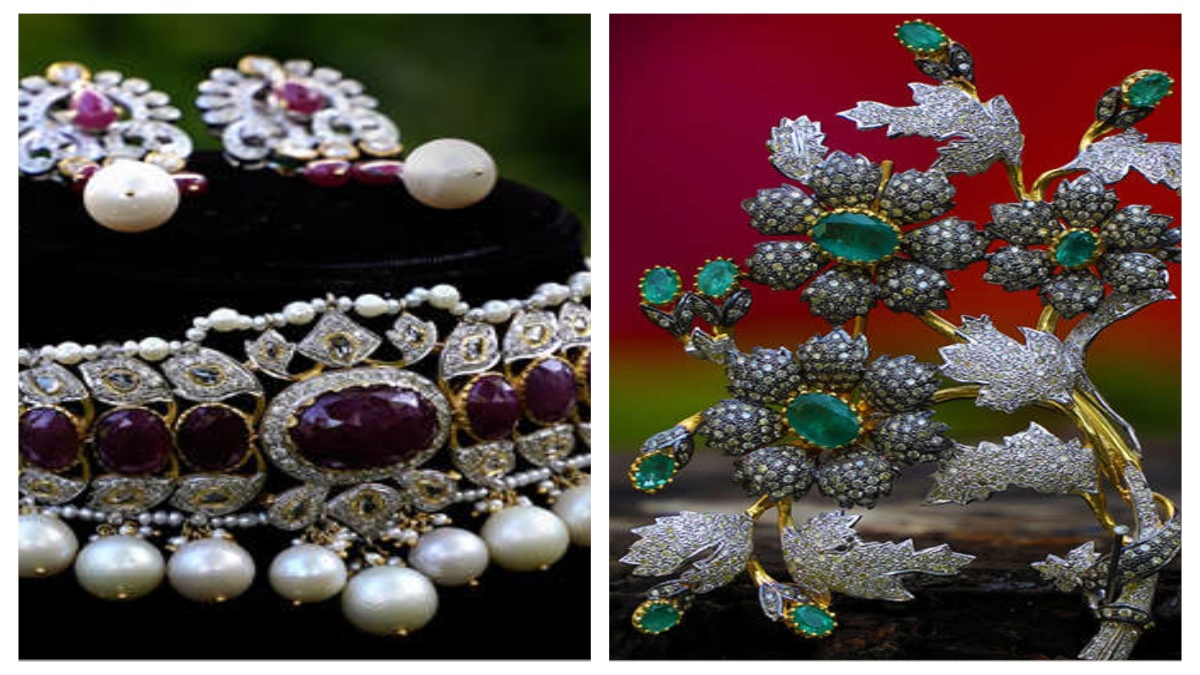There is a strange sense of chutzpah that engulfs her tiny frame. A sense of style that follows wherever she tiptoes away. Amrita Rana, a daughter of the Rana family of Nepal, is a joy to know. She comes across as someone with a great zest for life. Her sharp features adding height to her small frame as her vibrant gait gives to her persona a great depth. It would not in fact be wrong to call this cancer survivor a “tall lady” of remarkable resilience.






Amrita Rana
Wife of a senior Army official, Brigadier Dahiya, who hails from a leading Rajput family of Jaipur, Amrita, a mother of two handsome sons, wears two hats. One when she is playing the first wife of the CO (Commanding Officer) on the campus of a cantonment; and, two that of an incredibly talented jewellery designer. Or better still a revivalist who is recreating the aura of Nepalese school of jewellery design that is hugely influenced by Victorian and European designs and is a classic example of the Blendin tradition of jewellery making where the finest of precious stones get set in silver. An art form her home state Nepal is known for.
She says, “Nepal royals, the Malla princesses and the Rana women all wore gowns when they got married. A tiara was a must on their head. On a day-to-day basis too, their chiffons were very modern in design and pastel in shade. They were highly influenced by European Ateliers of Cartier, Van Cleef and Bvlgari.”
In this day and age too Amrita creates the tiara but, “It is a double whammy: In the sense once you are married and your Nepalese gown is tucked away, you can convert the piece into a solid necklace and wear it with elan.”
Amrita recreates just this aura, setting the finest diamonds, cabochon rubies, finely faceted emeralds, rare sapphires and precious pearls in very vintage settings, replacing expensive gold with affordable silver. “In Nepal we prefer setting our stones in silver as we like the white sheen of metal better than gold.”
A solitary designer, she works with trained craftsmen in India and Nepal, showing her pieces through well heeled coffee mornings and also the platform of Royal Fables.
Many hill kingdoms married their daughters to Nepal and most Nepalese girls became brides of Indian princely states. Hence, the jewellery tradition of matha patti, jhoomar and maang tikas came to Nepal. “Except our headgear was made from Mikimoto pearls, diamonds and emeralds.” For Amrita, the sheer aura of Rana jewels needs to be kept alive and it is this that drives her on.

